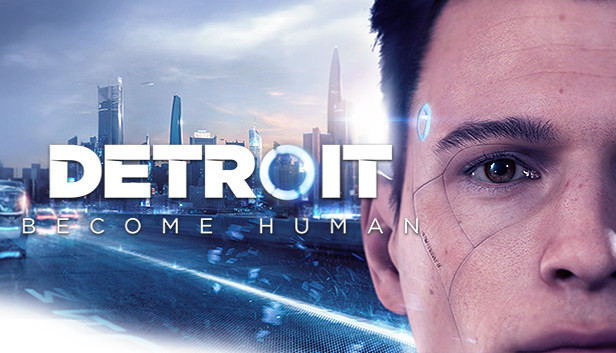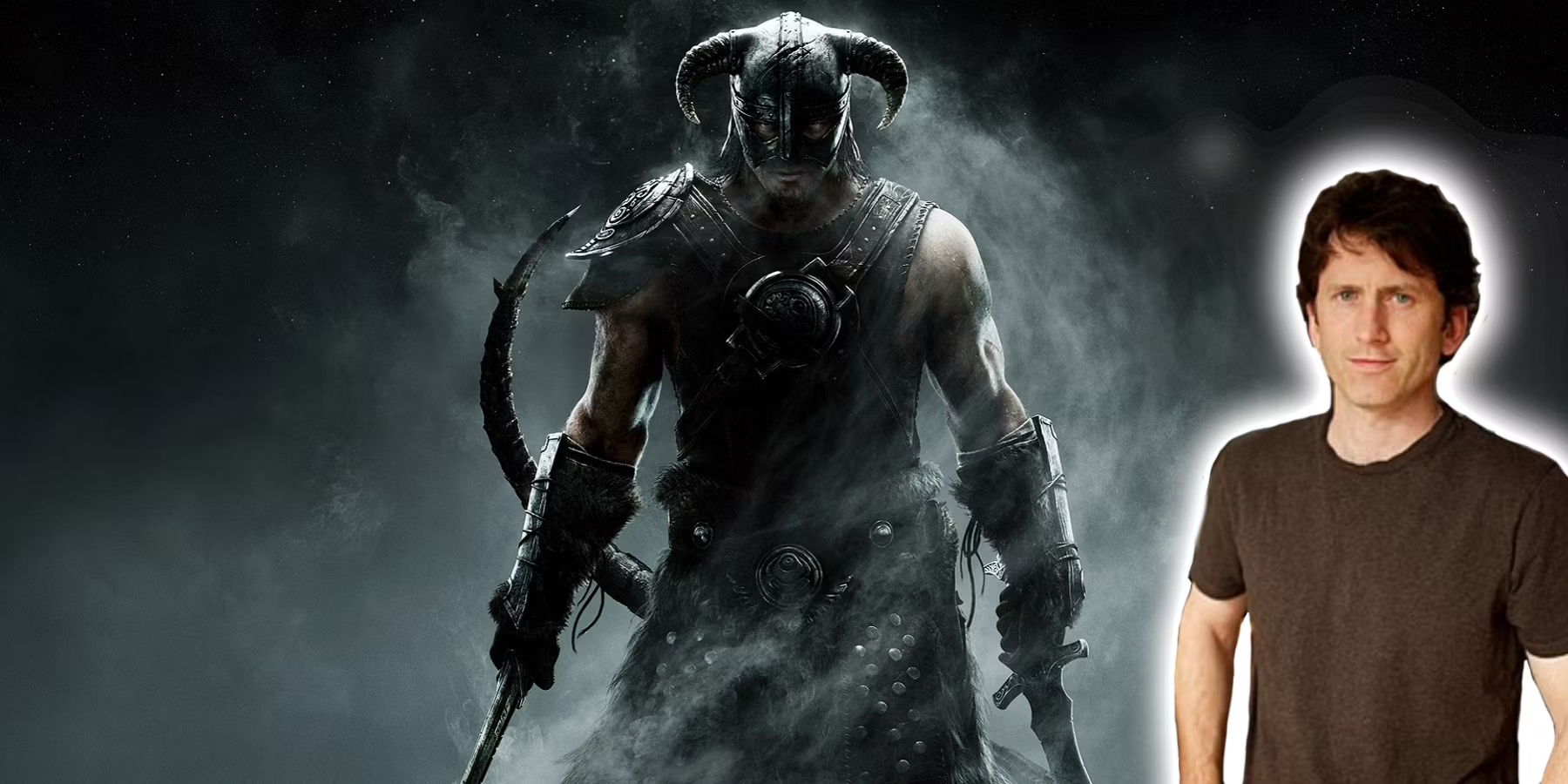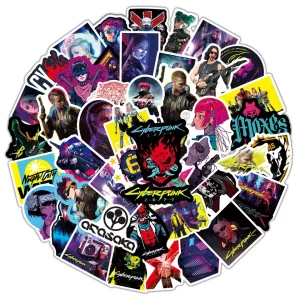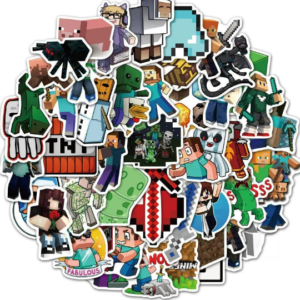As we all know, the medium of gaming is no stranger to controversy. The violence present in Mortal Kombat, for instance, created shockwaves worldwide. So many, in fact, that it pretty much single-handedly led to the inception of the ESRB.
The name Jack Thompson also still resonates as one of the most hated in the community. The anti-gaming activist did his utmost to bury the mighty Grand Theft Auto series in the 2000s. Not surprisingly, he wasn’t successful and is now little more than a laughing stock.
There have been countless similar cases over the years. However, arguably few have been more frustrating than the most recent involving the upcoming Quantic Dream title Detroit: Become Human. It’s all been centered around the latest segment of gameplay shown, which debuted at Paris Games Week. In it, child abuse features heavily, and it’s sent all sorts of people who know nothing about games into a wild panic.
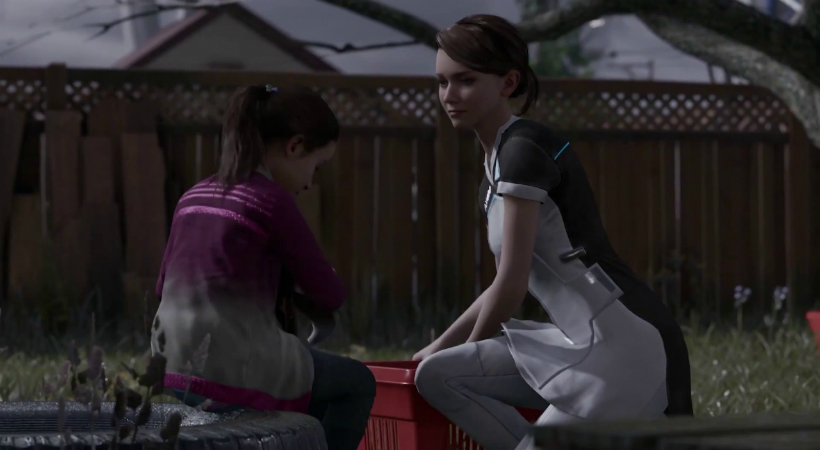
It’s worth mentioning that the scene in question is, objectively, uncomfortable. I’m not going to waste time explaining it here, but for those who haven’t seen it, it can be found here. Child abuse is, as any sane person would agree, a very serious issue. But once again, this has instead become an attack on the medium above all else.
Several representatives of child welfare agencies such as the NSPCC have come forward to give their opinions on the inclusion of such an issue in a game. While some have voiced genuinely important concerns regarding its implementation, many can be understood as outright lack of understanding.
The Comments
For example, one representative of the aforementioned organization has accused the game of ‘trivializing and normalising’ child abuse for entertainment. This is, quite frankly, wrong.
As can be seen in the trailer (which I sincerely doubt these people have even watched themselves), the player’s character does not engage in child abuse. The only active role that the player has is to do their utmost to combat any violence from taking place. The overall tone is that of fear and anxiety, as one would expect given the very serious subject matter.
Overall, then, the issue is dealt with in a manner that presents the experience for what it is. It does so with tact, respect and severity. So in what way is Detroit even remotely glorifying it?
The tired idea that ‘games end up being played by children’ has also been brought up once again. This is one that really aggravates me. No matter what these ‘experts’ say, a child’s media is, and always will be, down solely to the parent. The whole point of the ESRB being founded was to combat this exact issue. If you as a parent don’t want your kid to play an 18/M-rated game, don’t buy it for them. It’s as simple as that.
Different treatment for the same behavior?
Attempting to police the issues that games are allowed to explore is, at the base level, hypocritical. Nobody bats an eye when any other form of media – be it TV or film – explores child abuse. Those are all equally valid forms of entertainment, and arguably more widespread than games. What is it, therefore, that makes them more worthy of exploring child abuse than a game handling it with equal, or perhaps even greater, seriousness?
Countless films cover ‘taboo’ subjects on a regular basis. Oftentimes, they don’t even do so respectfully. Yet, neither I nor anybody else denounces them, or argues that they shouldn’t exist. We all know that they’re a work of fiction, and that the subject matter is a part of the story. And because we have a working brain, we know that the film isn’t encouraging us to engage with the activities we see on the screen.
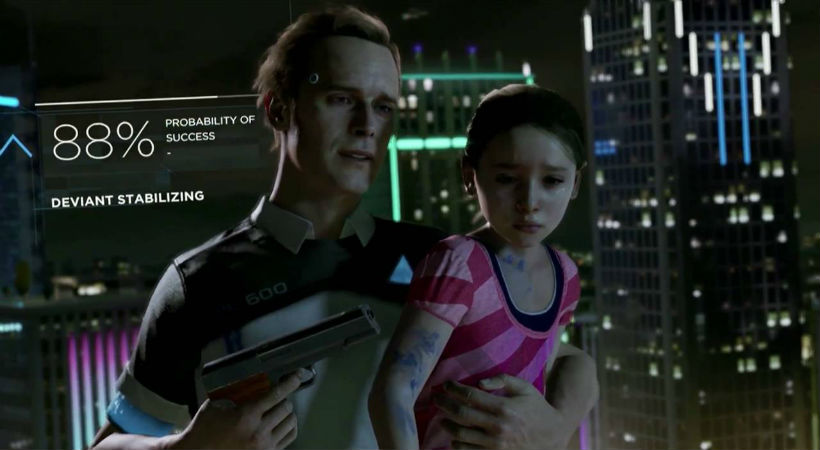
Gaming is no longer in its infancy. It’s been around a long time, and it’s grown and matured a lot in that time. The fact of the matter is, though, it shouldn’t have to mature. Films are still allowed to do pretty much whatever they like, regardless of how graphic they end up being. Because, when all is said and done, they are appropriately age-rated, and most audience members can distinguish between fiction and real-life.
It’s time for games to be taken seriously
Unfortunately, gaming still has the prehistoric stigma of being ‘just for kids’ attached to it, allowing those in the public sphere to dismiss it as such. But despite the naysayers, there is still a unique opportunity in games to do things with a narrative that other mediums simply cannot match. And thankfully, Detroit will still be released regardless of these comments.
Gaming is an art form and, as such, should be allowed to cover serious topics. The fact alone that a type of behaviour is included in a game does not mean that said game condones it. It’s the exact same issue as uneducated loudmouths who don’t understand that GTA is satire. It’s high time these so-called ‘experts’ stopped weighing in on things they know nothing about.




